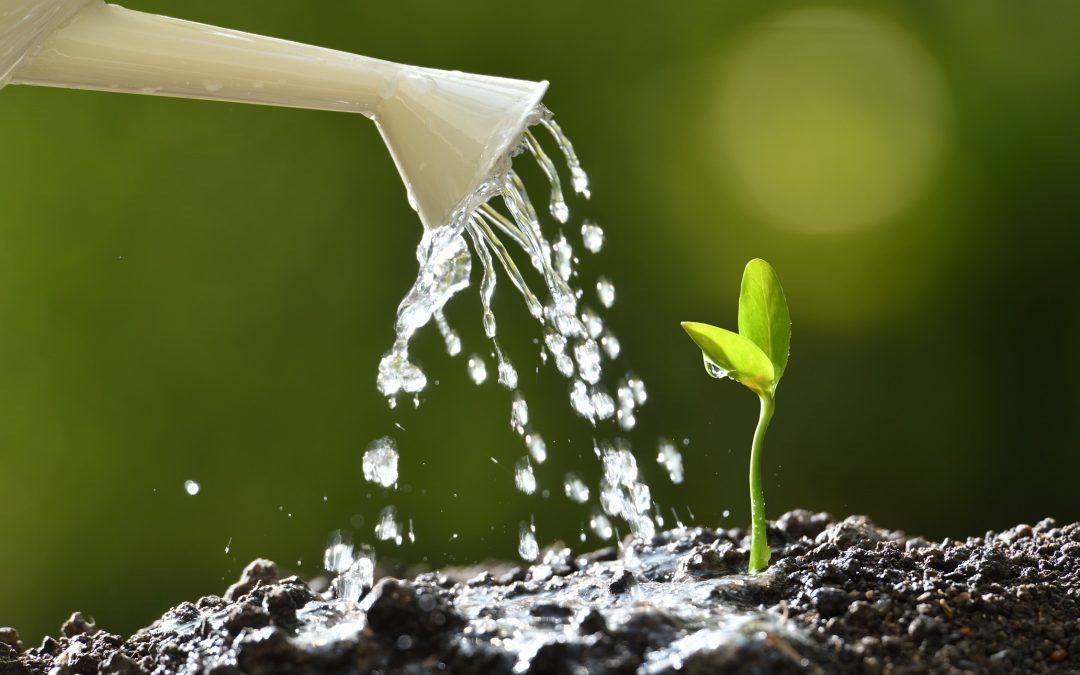Top 10 Reasons Behind Global Water Scarcity
As the effects of climate change continue to intensify, farmers around the globe are beginning to come face-to-face with some stark realities that could potentially affect their industry – as well as their very livelihood. Freshwater shortages, for example, have become commonplace in many parts of the world. And while this is a scenario that may feel extremely unlikely to occur here at home, the fact is that many experts in the field have begun to raise the alarm for an impending water crisis that could affect the entire global community.
Still, despite the warnings that have been put forth by the scientific community in recent years, many people today remain unaware of the risks and causes of global water scarcity. As experts in farming and agriculture loans, we get asked all the time: how did we get here, and what can we do to protect ourselves and our businesses?
In this article, we’ll explore the main reasons behind the global water shortage and how agricultural loans can help struggling farmers.
What Has Led to The Global Water Shortage?
Here are the ten primary reasons why the world could be heading for a water crisis:
1. Our rapidly changing climate is transforming large swathes of land that was once lush and arable into desert.
2. Warmer global temperatures are also producing higher rates of precipitation, which are quickly depleting reserves of freshwater in lakes and reservoirs.
3. Dramatically shifting and extreme weather patterns are producing more severe flooding and increasingly severe droughts worldwide.
4. The world’s population is growing inexorably and placing an ever-greater strain on the world’s limited supply of freshwater.
5. More than one quarter of the world’s supply of freshwater is stored deep underground as groundwater. In many parts of the world, such as India, this vital reserve of freshwater is being dredged up and used for commercial and industrial use at a dangerously quick pace.
6. Water infrastructure – including pumps, pipes, storage facilities, and treatment plants – around the world (including the United States), is deteriorating, and fast. Without the proper infrastructure, communities are unable to properly clean, transport, store, and deliver freshwater to those who depend on it (which is all of us).
7. Huge quantities of freshwater around the world are being wasted for relatively trivial purposes.
8. Harmful corporate, economic, and political policies have made it virtually certain that pollution of rivers, lakes, streams, and oceans will continue, at least into the immediately foreseeable future.
9. Wetlands and aquifers are also drying up at an alarming rate.
10. Traditional agricultural modes of production, including those that are predominantly practiced here in the United States, use huge amounts of freshwater. And while alternative, more sustainable practices are continuing to become more easily accessible, they are still prohibitively expensive for many farmers around the world.
What Does the Future Hold?
The bottom line here is that the global water crisis does not have one, singular cause. There are a range of factors – both industrial and natural – that have led to our current dilemma. While no one can say for certain how a depleted water supply will affect global communities in the years to come, what’s certain is that action must be taken now. Unless we’re able to implement real changes at the local, national, and global level concerning our use of freshwater, the crisis will only continue to grow more severe.
What Can Farmers Do?
As a farmer, there are steps you can take to protect your land and livelihood. By obtaining a farm loan, you can gain access to funds that can help you make changes to support the future of your farm. These include implementing desalination technology, altering your operations, or integrating other sustainable practices.
Shop for Agriculture Loans Today!
Concerned about the future of your farm because of the global water shortage? At MSF Agriculture, we specialize in making it easy to find and secure high-quality agriculture loans. Contact us today to get started!

